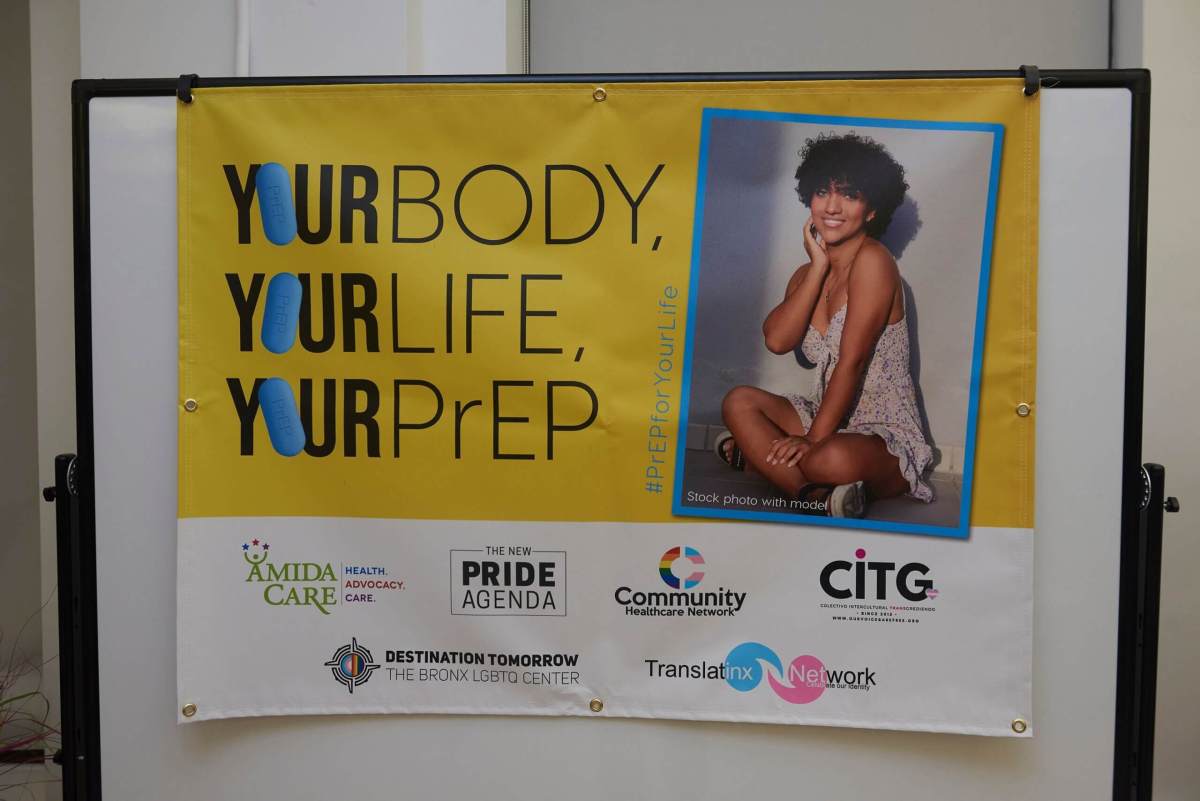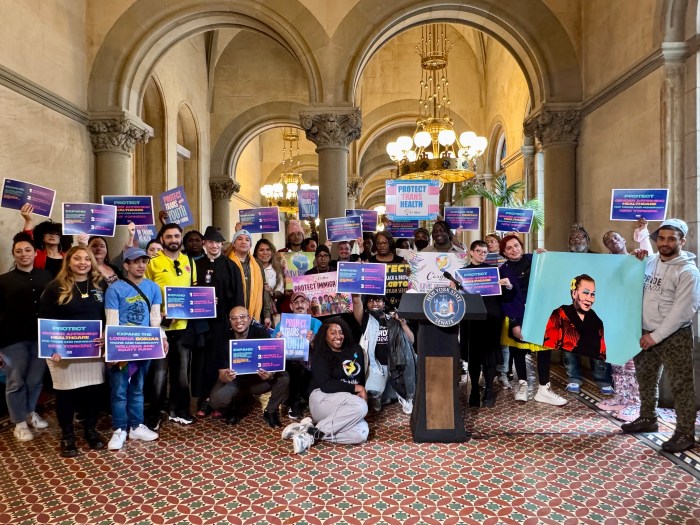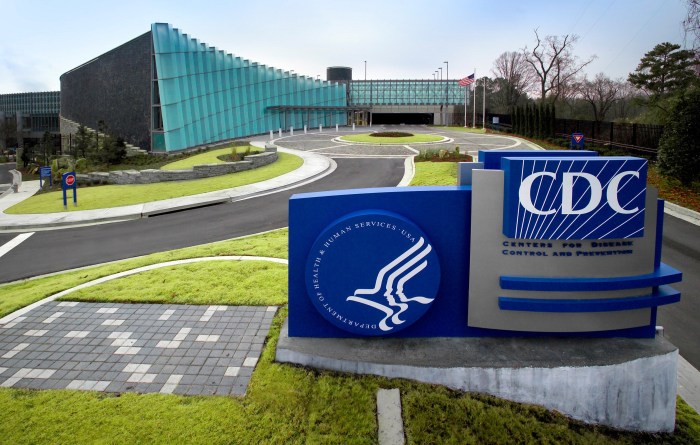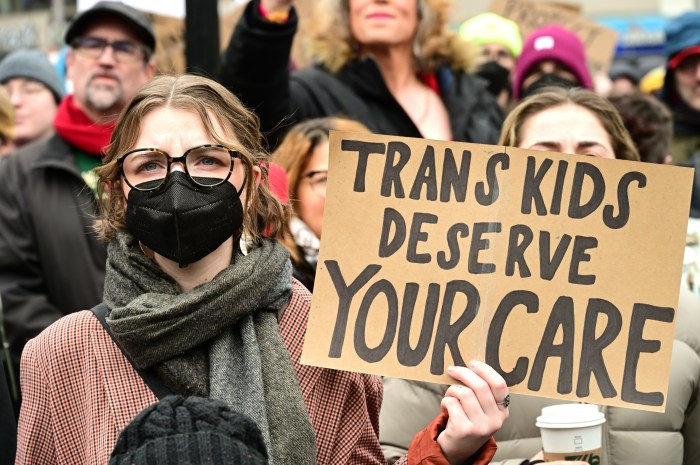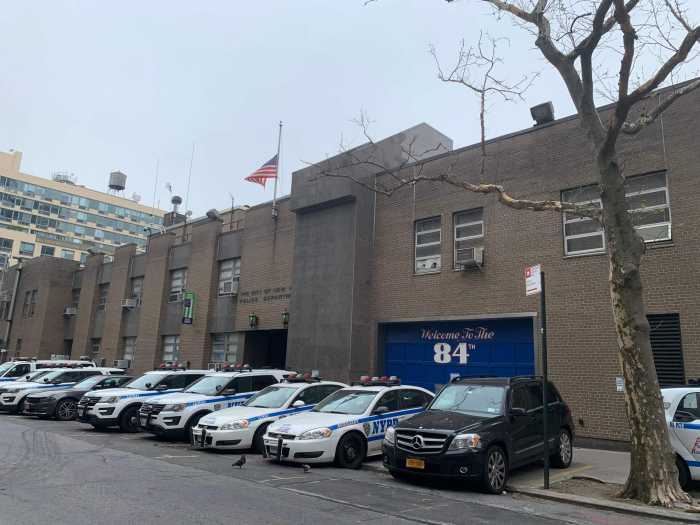Several local organizations serving the LGBTQ community in New York are launching an awareness campaign to improve PrEP uptake among transgender and gender non-conforming individuals.
With a slogan of “Your Body, Your Life, Your PrEP,” the campaign — unveiled during PrEP Aware Week — represents a joint effort involving Amida Care, Colectivo Intercultural Transgrediendo, Community Healthcare Network (CHN), Destination Tomorrow, New Pride Agenda, and TransLatinx Network.
The campaign seeks to confront PrEP disparities, and advocates are pointing to the Centers for Disease Control and Prevention’s (CDC) 2021 report showing that 36% of HIV-negative trans women were on PrEP, even though 62% of Black trans women, 35% of Hispanic/Latinx trans women and 17% of white trans women had HIV.
Other statistics show similar disparities. Researchers at Emory University — who analyzed PrEP use compared to new HIV diagnoses among 124,835 PrEP users from 2012 to 2021 — found that white people made up 65% of those on PrEP in 2021 and 26% of new diagnoses, while Black people made up just 14% of PrEP users in that same year but 42% of new HIV diagnoses. Latinx people represented 17% of PrEP users and 27% of new diagnoses.
“For transgender and gender non-conforming individuals in the Latinx community, inequalities in PrEP usage persist,” Liaam Winslet, executive director of Colectivo Intercultural Transgrediendo, said in a written statement. “We need to empower individuals with the knowledge and resources they need for HIV prevention, including PrEP. Let’s shatter the stigma, embrace PrEP – Tu Cuerpo, Tu Vida, Tu PrEP.”
PrEP disparities are also stark among men who have sex with men. Out of the nearly 37,000 new HIV diagnoses in 2019, 26% were among Black gay or bisexual men, and CDC research shows one in two Black men who have sex with men will be diagnosed with HIV under current trends. A 2017 CDC report with data from 23 US cities showed that 78% of Black gay and bisexual men without HIV were aware of PrEP, but 19% used it. Meanwhile, 85% of all gay and bisexual men knew about PrEP but 25% were on it.
“While overall awareness of PrEP has increased, most of the progress has been among white men who have sex with men,” Freddy Molano, the vice president of infectious diseases and LGBTQ programs at Community Healthcare Network, said in a written statement. “We all have a part to play in ensuring that the communities that have been disproportionately impacted by new cases of HIV, including TGNC individuals and women, are prioritized in our prevention efforts. We all have a part to play to promote PrEP as an HIV prevention tool.”
The organizations working to bolster PrEP awareness are applauding the rise of injectable PrEP, which is considered even more effective than the pill version of PrEP. It’s also viewed as a potential game-changer because individuals can get a shot every other month instead of taking a daily pill.
There were already efforts underway to address the burdensome requirement of daily pills for PrEP. Health officials in select locations — such as New York City and San Francisco — have, in recent years, suggested a “PrEP on demand” regimen, which is when individuals take the pill around their sexual schedule instead of daily.
In order for the injectable PrEP option to be effective, it must be accessible and affordable. To that end, advocates praised the US Preventive Services Task Force (USPSTF) — an independent panel of experts who review evidence and issue recommendations for preventative services — for giving an “A” rating to injectable PrEP on Aug. 22, effectively paving the way for insurance companies to cover PrEP. The Affordable Care Act stipulates that insurance providers must cover drugs given an “A” or “B” rating, which means the drugs have a strong net benefit.
Others are also utilizing PrEP Aware Week to spread the word about the HIV prevention medication. The New York State Department of Health announced its fifth annual PrEP Aware Week campaign under the slogan of “PrEP is for Every Body,” which emphasizes both sex positivity and body positivity. The state notes that Medicaid and most insurance plans cover 100% of the costs of oral PrEP, though the state’s Health Department also offers a PrEP Assistance Program with information on payment options and more.

